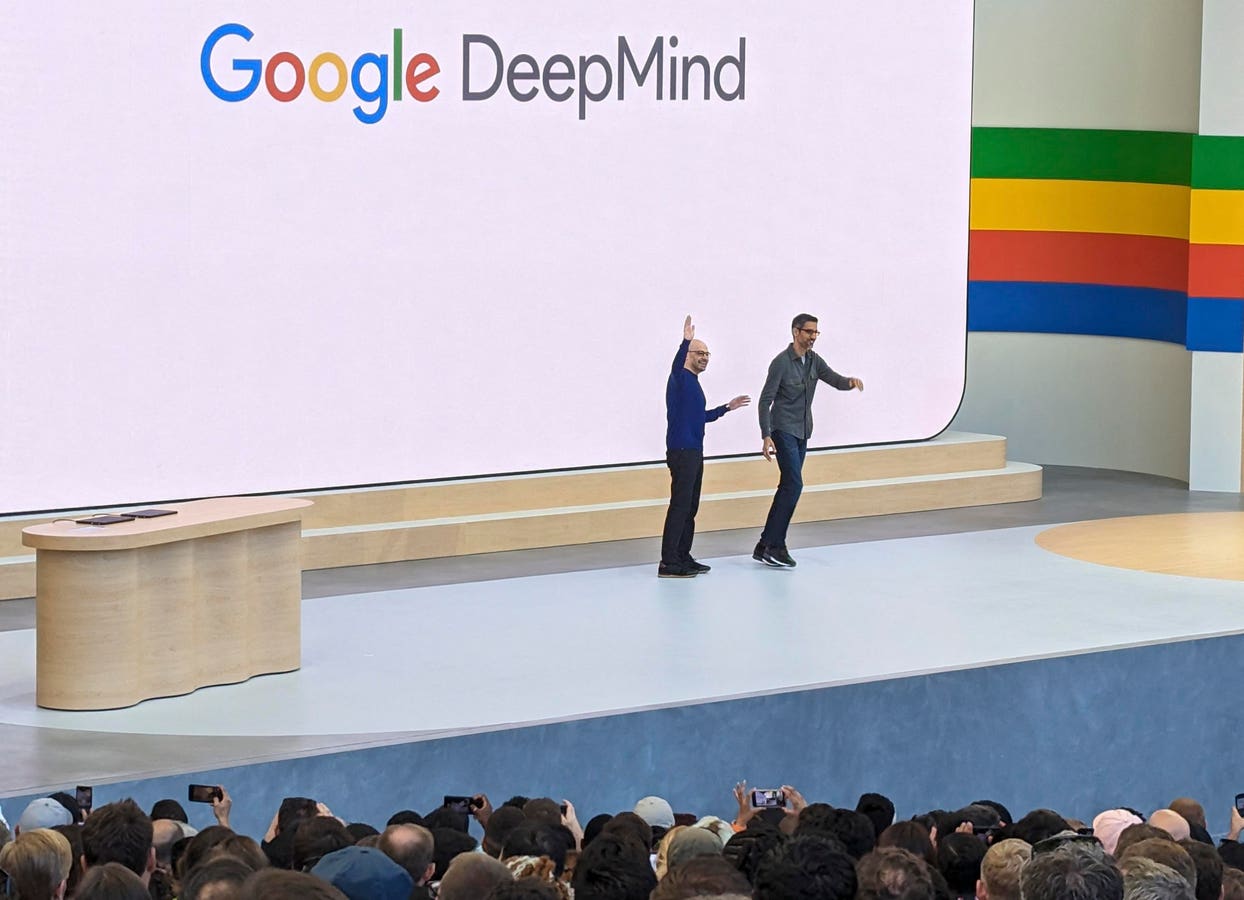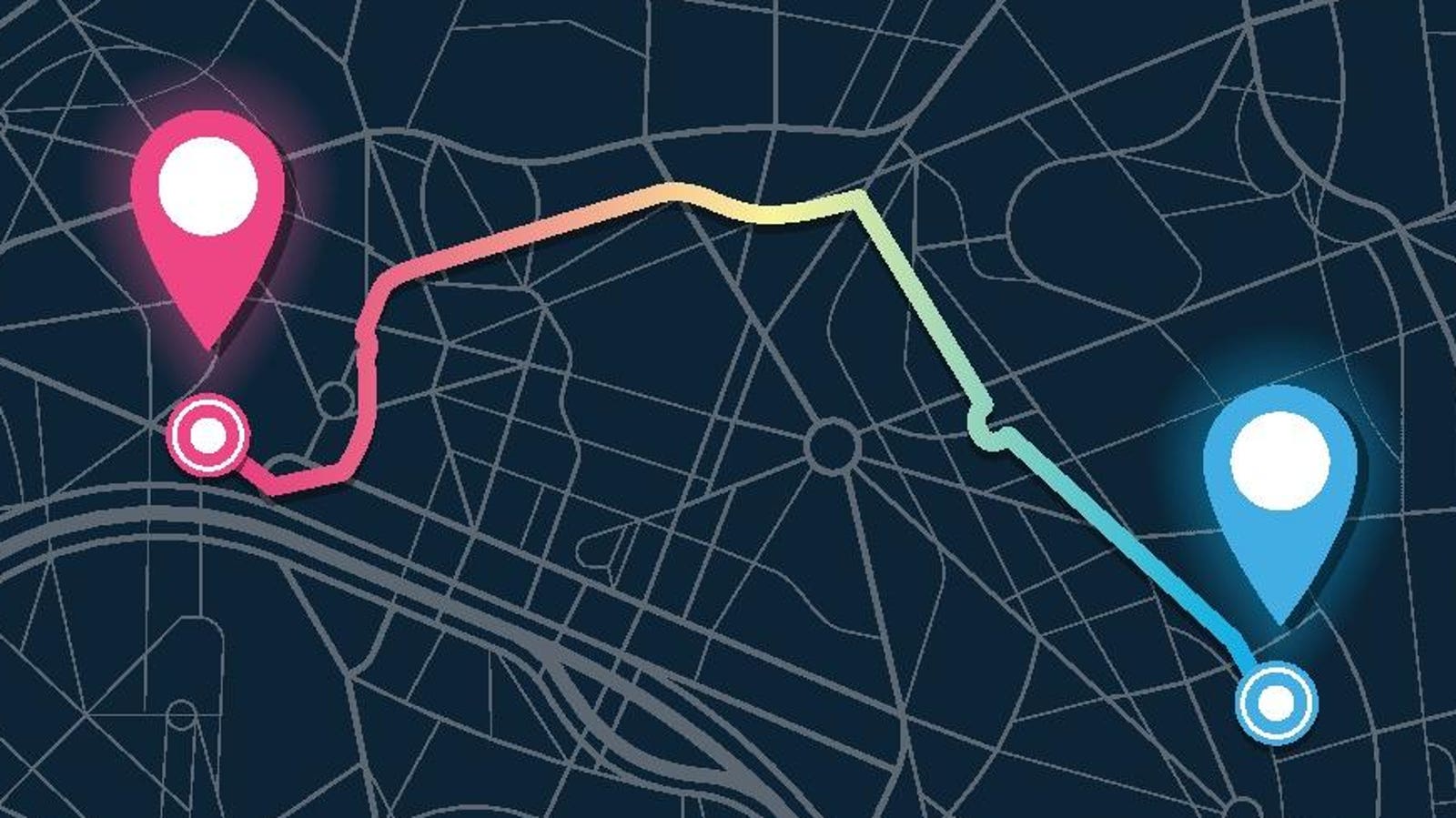Doctors with ADHD benefit from ADHD strengths to become outstanding clinicians.
getty
Across medicine, a quiet revolution is underway. More and more physicians (many of them leaders in their fields) are discovering in midlife that they have ADHD. For decades, we were told that ADHD was a childhood behavioral disorder marked by impulsivity, distraction, and academic problems. But that’s far from the whole story: ADHD benefits comes with strengths that medicine rarely talks about, strengths that drive individuals to become outstanding doctors.
Those of us in the ‘lost generation’ were high-performing women and professionals who were missed entirely by a diagnostic system built around disruptive, school-aged boys. We seemed so well-behaved, so hard-working, or so expertly masked that no one recognized our neurodivergence.
And yet, we succeeded anyway.
In the course of writing about neurodiversity for Forbes, I’ve interviewed many high-achieving professionals who were diagnosed only after establishing successful careers. Two recent conversations: one with psychiatrist Dr. Julie Le, DO, and another with Ehlers-Danlos (EDS) specialist and anesthesiologist Dr. Linda Bluestein, MD, crystallized a pattern I’ve encountered repeatedly: the very traits that made school or the administrative aspects of practice more work for these physicians are the same traits that made them exceptional clinicians.
ADHD Helps Doctors See Connections Others Miss
One of the most powerful strengths shared by both physicians is associative intelligence: the ability to see patterns across seemingly unrelated domains.
Dr. Le told me that when she evaluates patients with “treatment-resistant” depression, she often spots overlooked ADHD, especially in older women. “I see things in the case that maybe a psychiatrist without ADHD might not pick up,” she explained. That ability has transformed outcomes for her patients.
Dr. Bluestein described something similar, but applied to multi-system disorders like Ehlers-Danlos Syndrome (EDS): “I see connections long before people without ADHD would… everything’s relevant.”
In a medical system built around silos—neurology over here, cardiology over there—doctors who can hold multiple systems in mind at once bring something invaluable. Their brains are wired to synthesize, not compartmentalize.
ADHD Benefits Of Hyperfocus And Deep Expertise
People with ADHD are often described as distractible, not because we can’t pay attention, but because we pay attention differently. We are interest-driven. When something matters deeply, the hyperfocus kicks in.
Dr. Le described that moment simply, “Once I’m on, the hyperfocus kicks in.” This allows her to dive deeply into complex psychiatric formulations and integrative care models.
For Dr. Bluestein, hyperfocus is the engine behind her nationally recognized expertise in EDS, “If I could spend all day, every day reading articles, I would.” She shares that knowledge to everyone with her well known Bendy Bodies podcast.
Hyperfocus is why Dr. Bluestein can conduct one and a half to three and sometimes even six hour intake evaluations and still feel she’s “barely scratching the surface,” an impossible task for physicians who are not wired this way.
ADHD Brings Creativity and Innovation in Patient Care
ADHD brains excel at non-linear thinking. That often leads neurodivergent physicians to carve their own paths in medicine, crossing boundaries that others assume are fixed.
Dr. Le rejected a conventional siloed career, choosing instead a rare combined family medicine–psychiatry residency, followed by integrative roles embedded directly within primary care and VA systems. The result is flexible, patient-centered care with built-in continuity, something healthcare organizations say they want but rarely achieve. “This model is perfect for me,” she said. “I love the collaboration.” Dr. Le is right there in the primary care clinic, able to help her colleagues and their patients in real time, avoiding the long waits typical for accessing mental health care.
Dr. Bluestein, once a ballerina, turned a career-ending medical setback dues to her own Ehlers-Danlos syndrome into an opportunity to build a specialty clinic for EDS and Hypermobility patients, one of the few in the nation. “It was scary… but someone had to do it,” she told me.
She also merged her passions for dance and medicine, creating a niche helping hypermobile dancers, a population long misunderstood.
ADHD Benefits And Mission-Driven Empathy
Another theme stood out: ADHD physicians are often deeply motivated by compassion. Many of us grew up feeling misunderstood or dismissed. That experience becomes an asset.
While still working as a typical anesthesiologist, Dr. Bluestein wrote and article on EDS. When emails poured in from patients begging for help, she felt called to act, “You feel so bad for people… someone’s got to do it.” Before long she had opened her hypermobility practice.
Dr. Le expressed similar concerns, worrying whether other clinicians would overlook the ADHD that she sees so clearly in patients. “I’m sometimes afraid they won’t pick it up.”
These doctors practice medicine with a sense of responsibility not just to individuals, but to a system that often fails the most complex patients.
ADHD Benefits Drives Persistence And Reinvention
ADHD is not easy. Both physicians described late-night charting, difficulty with administrative tasks, procrastination, and years of feeling “not enough.” But they also describe an unmistakable pattern: when ADHD people care, we don’t give up.
Dr. Le continued through medical school, residency, multiple clinical environments, and now a dual academic–VA role. Dr. Bluestein rebuilt her entire career after losing her ability to dance as a ballerina, by enrolling in medical school.
This is the side of ADHD we rarely talk about: the creativity, adaptability, and grit that allow many neurodivergent physicians to reinvent themselves again and again.
Why ADHD Benefits Matter
The narrative around ADHD, especially in children, remains bleak. Parents are warned their kids are likely to drop out of school, struggle professionally, or face mental-health crises. While ADHD can bring profound challenges, this framing ignores an entire population of high-functioning, late-diagnosed adults whose strengths helped them thrive in demanding professions.
The story we tell matters.
Our children deserve to hear not only that ADHD is real and can be hard, but that their brains also carry strengths our world desperately needs: creativity, empathy, innovation, and the ability to see what other people miss.
When I interview doctors like Julie Le and Linda Bluestein, I don’t just hear stories of success. I hear stories of neurodivergent brilliance—of people whose minds don’t follow the standard route and of the ADHD benefits that drive them to create better paths along the way.









